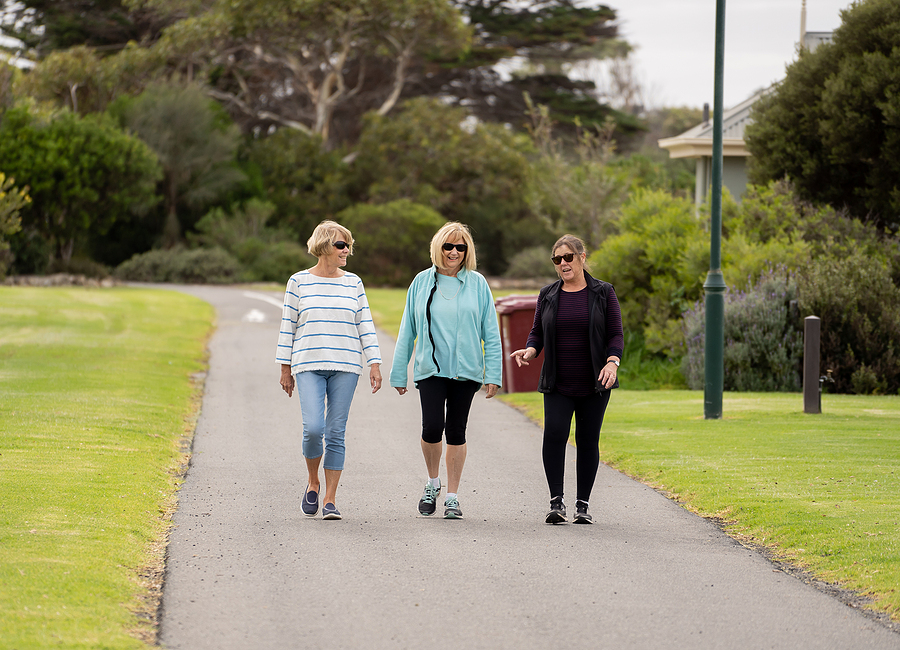Ever worry that your brain isn’t as sharp as it used to be? Plenty of us do. But there may be something we can do about it, even into our 80s.
Researchers at the University of Maryland recently recruited 33 volunteers in their 70s and 80s for a study on exercise and brain function. None exercised regularly, and around half had mild cognitive impairment, which can be a forerunner to Alzheimer’s.
The volunteers completed a set of tests, both physical (heart-lung fitness) and mental (including word recall and recounting a story that had been read to them). An MRI scan was also done of the electrical activity in each person’s brain.
Around half of the group — a combination of people with and without cognitive impairment — then started a program of brisk treadmill walking in a gym for 30 minutes (plus a warm-up and cool down) four times a week. The other half stayed sedentary.
Four months later the tests were repeated.
The exercising group, including those with the mild cognitive impairment, scored better on both physical and mental tests.
In addition, new MRI scans showed that their brains had changed. Connections between and within major brain networks were stronger, reflecting better thinking capacity.
From studies on mice we know that exercise can create more neurons (nerve cells that send and receive messages in the brain), and more extensive connections between them. This study shows that those changes can occur in our 70s and 80s.
Research on only 33 people is too small to be definitive, but it echoes the conclusions reached by Queensland University scientists a couple of years ago. They didn’t carry out an experiment; instead they analysed European data on 16,700 people aged 54-75 over 13 years to show that brisk walking was enough to improve cognitive function, especially among women.
We need more studies before we can confidently say that exercise delays the onset of age-related cognitive decline and Alzheimer’s. But what we know so far is promising.
Moreover, a lot of us can manage a brisk 30-minute walk four times a week. Or the equivalent. Or we can build up to it.
Alzheimer’s researchers agree that the number one preventative measure is exercise.
Number two is sleep, which helps to consolidate memory and clear out the waste that can otherwise develop into the brain plaque linked to Alzheimer’s.
Third is a healthy diet, with minimal processed food.
And finally, it’s important to keep up social connections.
So go walking with other people and you tick two of those boxes at once.

